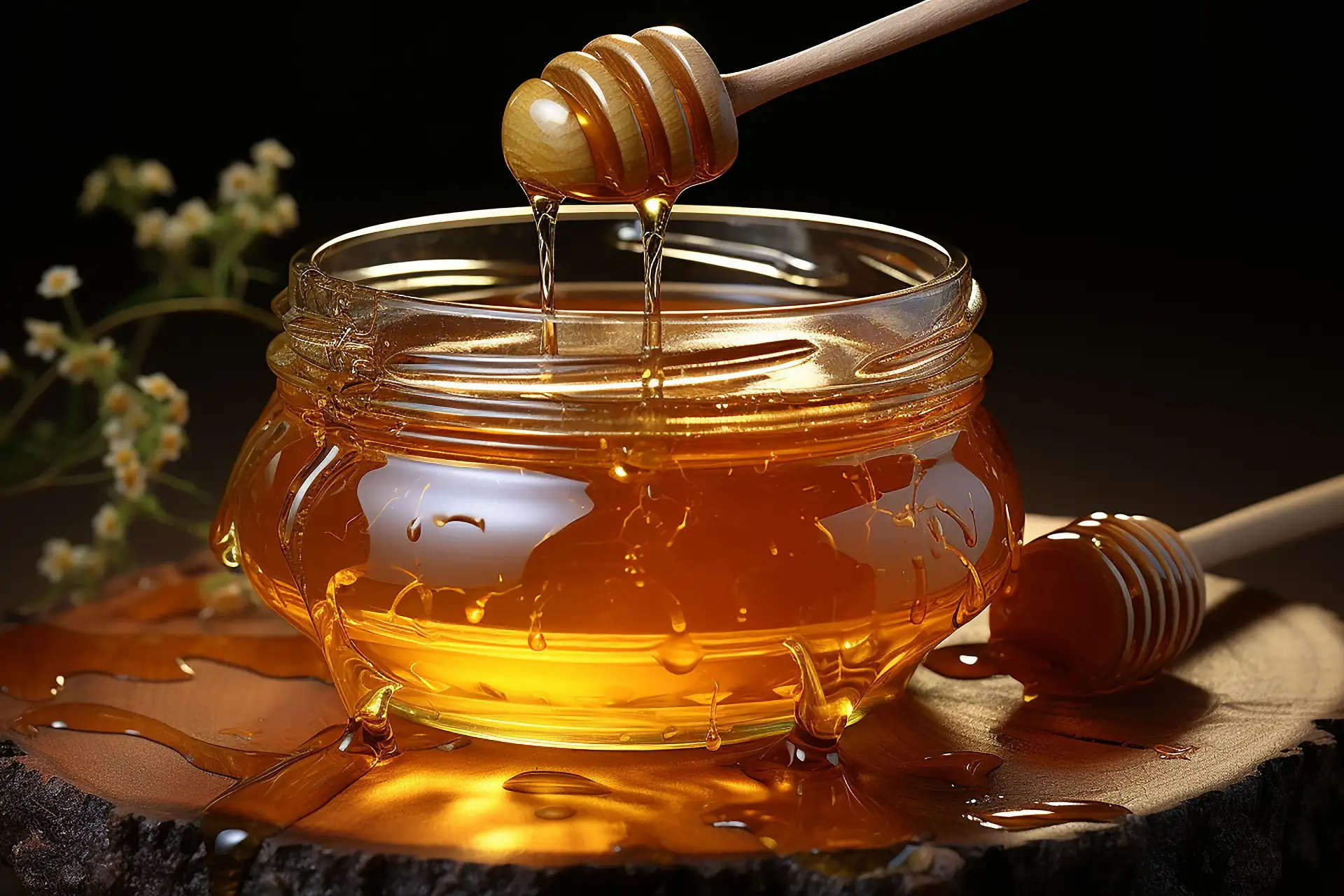Did You Know: Ancient Egyptian Tomb Honey Remains Perfectly Edible After Over 3,000 Years?

The discovery of pots of honey in ancient Egyptian tombs, still perfectly edible after over 3,000 years, is raising questions about the nature of this golden elixir and the culinary habits of a lost civilization.
The Time-Defying Treasure
Unearthed during recent Egyptian excavations, these ancient honey pots, delicately revealed by archaeologists, have preserved their sweet contents with astonishing precision. Sealed with ancient craftsmanship, the containers have withstood the test of time, thanks to the meticulous sealing techniques of the ancient Egyptians.
Historical Significance and Modern Comparisons
Honey, symbolizing sweetness and spiritual significance in ancient Egyptian culture, was buried with the deceased for the afterlife journey. Comparing with modern honey, the longevity of the ancient Egyptian honey is exceptional, remaining smooth without crystallization.
Scientific Analysis
Scientists analyze the ancient honey's chemical composition, finding that low water content and high acidity, coupled with airtight seals, created an inhospitable environment for bacteria. This unintentional preservation method has turned the pots into time capsules.
Ethical Dilemmas
While the prospect of tasting a substance prepared over three millennia ago is tempting, ethical considerations surround the consumption of these archaeological treasures. Researchers grapple with preserving integrity versus satisfying culinary curiosity, leaving the honey pots untouched for now.
Discovery's Significance
The perfectly edible honey pots in ancient Egyptian tombs attest to the charm of archaeology, offering a glimpse into the daily rituals and beliefs of a long-lost civilization. As we marvel at the time-defying sweetness, we're reminded that the past leaves a unique mark.
.jpg)
